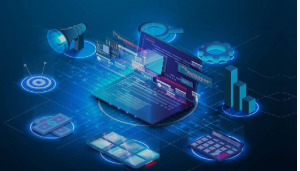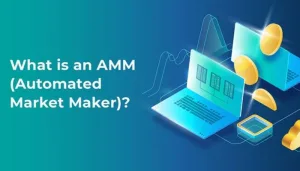NFT Development: Shaping the Future of Digital Technology
NFT development is revolutionizing digital technology by redefining how we create and value digital assets. Discover how NFTs are shaping the future of the digital world and the innovations driving this transformation.
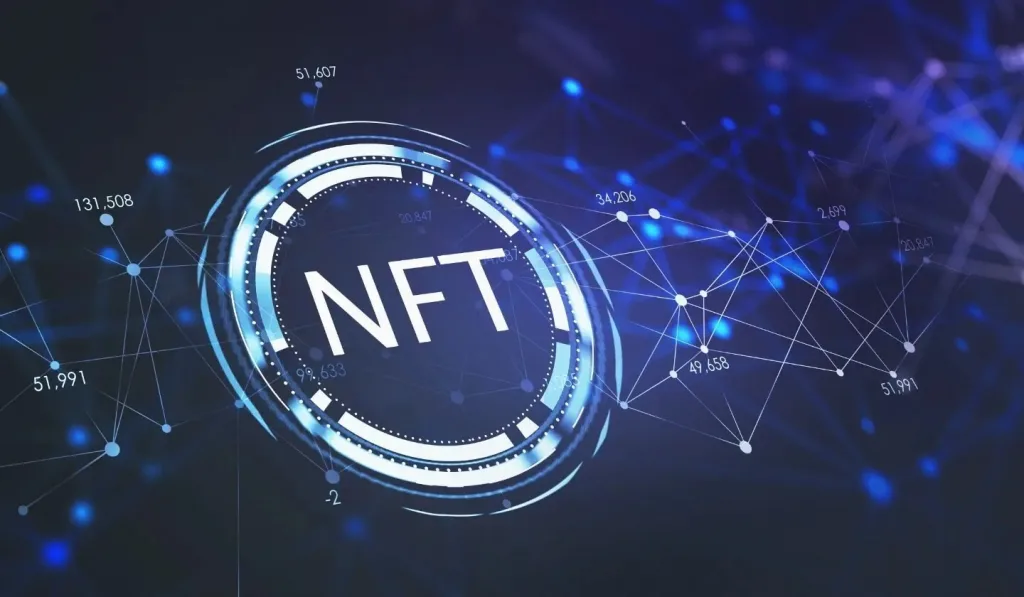
What is NFT?
NFT stands for Non-Fungible Token, representing a unique and irreplaceable digital asset.
- Non-fungible: Irreplaceable, unique.
- Token: A type of cryptocurrency developed based on an existing coin.
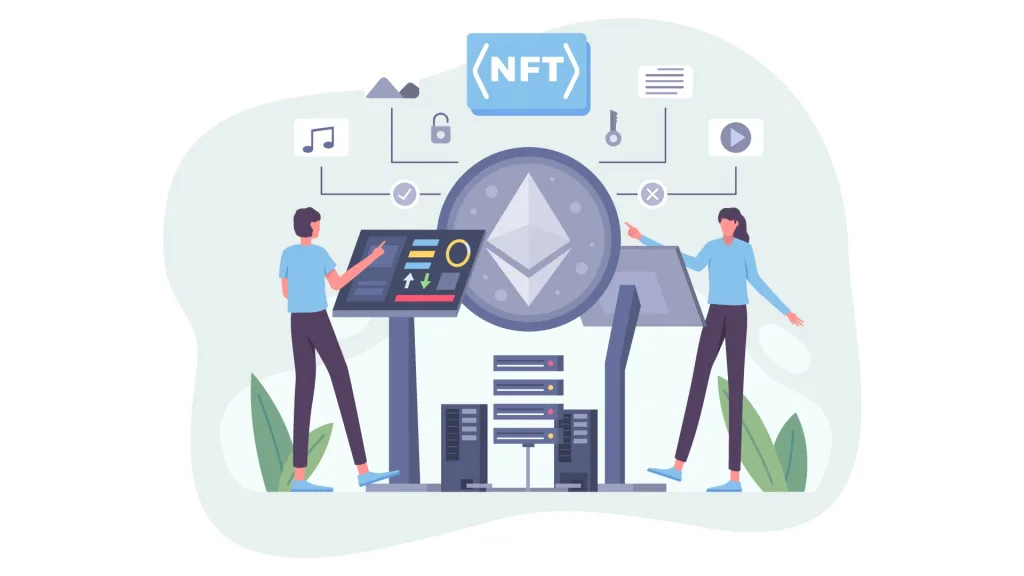
NFTs operate on blockchain technology, which stores information in a ledger to ensure the authenticity of assets and their owners. They serve as a method for registering ownership of various properties, such as art, collectibles, in-game items, music, GIFs, and videos. These assets are bought and sold online using digital currency. When you purchase an NFT painting, you acquire ownership of the digital artwork, not the physical painting itself.
Application NFT in The Technological age
NFTs have diverse applications in the age of technology, transforming various industries by leveraging their unique properties of authenticity, ownership, and traceability. Here are some notable applications:
Art and Collectibles
NFTs enable artists to tokenize their digital artworks, ensuring originality and providing a new revenue stream through direct sales and royalties. Collectors can own and trade unique digital pieces with verifiable provenance.
Gaming
In-game assets, such as characters, skins, and virtual goods, can be tokenized as NFTs, allowing players to truly own, trade, and monetize their digital items across different games and platforms.
Music and Entertainment
Musicians and creators can release NFTs for songs, albums, and exclusive content, offering fans unique ownership experiences and direct support for their favorite artists. NFTs can also be used for concert tickets and backstage passes.
Real Estate
Virtual real estate in metaverses and digital worlds can be bought, sold, and developed as NFTs, creating new opportunities for investment and creative expression.
Fashion and Luxury Goods
Brands can issue NFTs for luxury items and fashion pieces, ensuring authenticity and enabling seamless ownership transfers. This can also apply to digital fashion in virtual environments.
Identity and Certification
NFTs can be used to tokenize identity documents, certificates, and credentials, providing a secure and tamper-proof way to verify authenticity and ownership.
Intellectual Property and Licensing
NFTs can represent patents, trademarks, and licenses, streamlining the process of ownership transfer and usage rights management.
Sports and Esports
NFTs can represent ownership of unique sports memorabilia, highlight clips, and player cards, creating new revenue streams and fan engagement opportunities.
Social Media and Content Creation
Influencers and content creators can monetize their work by issuing NFTs for exclusive content, personalized interactions, and virtual experiences.
Charity and Fundraising
NFTs can be used for fundraising campaigns, where unique digital assets are auctioned off to support charitable causes, providing transparency and direct donor engagement.
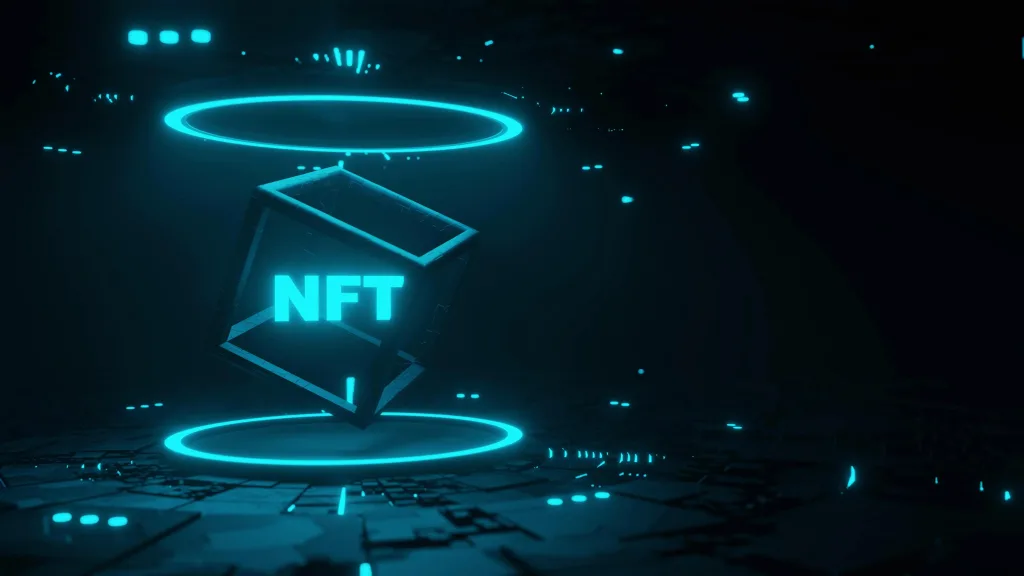
NFT Development
The NFT market is growing rapidly, attracting many in the art world due to its ability to validate the authenticity of physical and digital works. Like cryptocurrencies, NFTs are becoming a popular form of digital asset. While some believe the NFT market is limited to art, others see vast opportunities.
This potential has created significant demand for NFT development services. Despite its early stage, many companies are investing in NFT technology to build innovative solutions. It’s a risky but potentially game-changing bet.
As the market evolves, NFT marketplace platforms are gaining traction, positioning themselves as a crucial step in blockchain’s evolution. These platforms are essential for businesses using NFTs, allowing for the trading, storage, and display of tokens. Some even enable direct creation of NFTs, adding to their appeal. Although much development is still needed, NFT marketplaces are becoming pivotal for the future of this technology.




